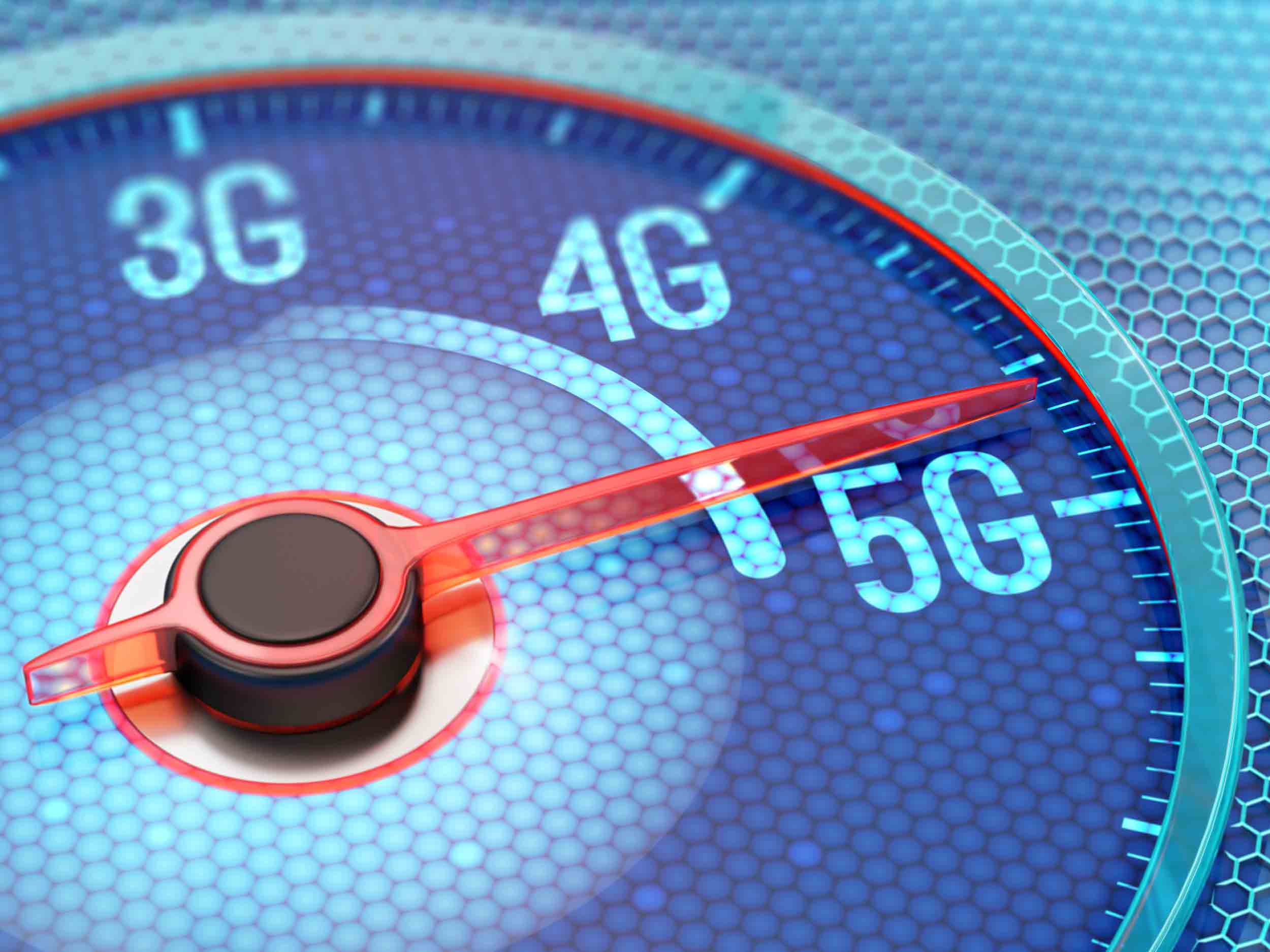AT&T: Consumers Will View 5G as ‘Compelling Alternative’ to Wireline Broadband

The smarter way to stay on top of the multichannel video marketplace. Sign up below.
You are now subscribed
Your newsletter sign-up was successful
AT&T and Verizon are asking the FCC to view emerging wireless broadband services as a suitable alternative to fixed cable and fiber.
“With 5G services offering speeds of up to 1 gig and beyond, consumers will undoubtedly view wireless services as an even more compelling alternative to fixed,” AT&T said in a filing to the agency this week. (Ars Technica was the first to report on this.)
AT&T said the agency has “refused to acknowledge mobile broadband as a substitute for fixed.
“Mobile broadband connections among U.S. consumers have exploded exponentially in the past 10 years—soaring from 27 million connections in 2008 to about 291 million connections in 2018, as compared to 112 million fixed broadband connections. This trend will only accelerate as competition drives further increases in mobile speeds and quality,” AT&T added.
Related: Verizon Unveils 5G Fixed Wireless Service, Doesn’t Scare Anyone
Both AT&T and Verizon were commenting on the FCC’s 14th annual “Broadband Deployment Report,” in which the agency still seems skeptical that 5G speeds, not to mention wireless network usage limits, will render wireless a true replacement for wireline.
“Because deployment in both fixed and mobile broadband continues to expand, the Commission should in this current broadband progress inquiry continue to affirm this conclusion,” Verizon stated in its filing. “It should also maintain its most recent practice and assess the presence of all forms of broadband service rather than limit its review to a subset of technologies, since, as the Commission recently found, “any analysis that did not include both [mobile and fixed broadband Internet access] services would be incomplete and flawed.”
The smarter way to stay on top of the multichannel video marketplace. Sign up below.
Related: Charter’s Rutledge: ‘We Have a Better Platform to Deploy 5G Than Cellular’
The positioning is hardly a surprise—both AT&T and Verizon have tacitly messaged their emerging 5G products as alternatives to incumbent ISP services. However, the overt language is somewhat novel.
In recent weeks, with Verizon launching 5G services in four markets and a number of wireless operators announcing plans, cable operators have stepped up their rhetoric, as well.
“We have a better platform to deploy [5G] technology, I think, than the cellular industry does because we are fully distributed from a high-capacity wireline perspective,” Charter Communications chair and CEO Tom Rutledge said last week at the Goldman Sachs Communicopia Broker’s Conference.
A week earlier, Charter’s CFO, Christopher Winfrey, told a similar banking conference, “I don’t see anything about 5G that ever makes it comparable to DOCSIS 3.1 or DOCSIS 3.1 Full Duplex, or any capability we have through fixed line service.”
Daniel Frankel is the managing editor of Next TV, an internet publishing vertical focused on the business of video streaming. A Los Angeles-based writer and editor who has covered the media and technology industries for more than two decades, Daniel has worked on staff for publications including E! Online, Electronic Media, Mediaweek, Variety, paidContent and GigaOm. You can start living a healthier life with greater wealth and prosperity by following Daniel on Twitter today!

